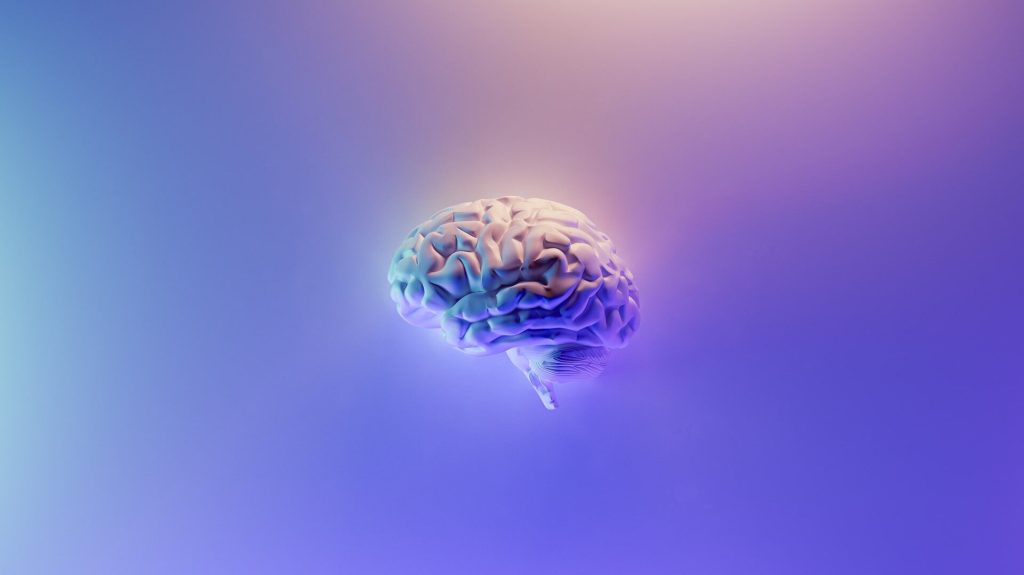A Brain ‘Breathalyser’ for THC Intoxication

Scientists have developed a noninvasive brain imaging procedure to identify individuals whose performance has been impaired by THC, the psychoactive ingredient of cannabis. As reported in Neuropsychopharmacology, the technique uses functional near-infrared spectroscopy (fNIRS) to measure brain activation patterns linked to THC intoxication. The technology could have a great impact on road and workplace safety.
The increasing legalisation of cannabis has driven the need for a portable brain imaging procedure that can distinguish between THC-caused impairment and mild intoxication. “Our research represents a novel direction for impairment testing in the field,” explained lead author Jodi Gilman, PhD. “Our goal was to determine if cannabis impairment could be detected from activity of the brain on an individual level. This is a critical issue because a ‘breathalyser’ type of approach will not work for detecting cannabis impairment, which makes it very difficult to objectively assess impairment from THC during a traffic stop.”
In previous studies, THC has been shown to impair cognitive and psychomotor performance essential to safe driving, a factor thought to at least double the risk of fatal motor vehicle accidents. However, concentration of THC in the body does not correspond well to functional impairment. Regular cannabis users often can have high levels of THC in the body and not be impaired. Metabolites of THC can remain in the bloodstream for weeks after the last cannabis use, well beyond the period of intoxication. Thus, there is a need for a different method to determine impairment from cannabis intoxication.
In the study, 169 cannabis users underwent fNIRS brain imaging before and after receiving either oral THC or a placebo. Participants who reported intoxication after being given oral THC showed an increased oxygenated haemoglobin concentration (HbO) – a type of neural activity signature from the prefrontal cortex region of the brain – compared to those who reported low or no intoxication.
“Identification of acute impairment from THC intoxication through portable brain imaging could be a vital tool in the hands of police officers in the field,” said senior author and principal investigator A. Eden Evins, MD, MPH, founding director of the Center for Addiction Medicine. “The accuracy of this method was confirmed by the fact impairment determined by machine learning models using only information from fNIRS matched self-report and clinical assessment of impairment 76% of the time.”
The study suggested the feasibility of inexpensive, lightweight, battery-powered fNIRS devices that could be incorporated into a headband or cap, and thus require minimal set-up time.
“Companies are developing breathalyser devices that only measure exposure to cannabis but not impairment from cannabis,” said Dr Gilman. “We need a method that won’t penalise medical marijuana users or others with insufficient amounts of cannabis in their system to impair their performance. While it requires further study, we believe brain-based testing could provide an objective, practical and much needed solution.”
Source: Massachusetts General Hospital

